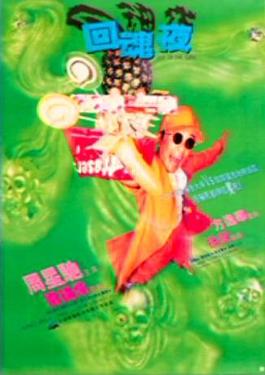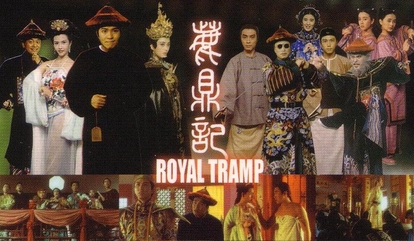Saitama (サイタマ, Saitama) is the main protagonist of OnePunch-Man and the most powerful hero alive. Having apparently trained himself to superhuman conditions, Saitama faces a self-imposed existential crisis, as he is now too powerful to gain any thrill from his heroic deeds.
He registered with the Hero Association as a C-Class and eventually made a big leap to become a B-Class Superhero and is tasked to defend Z-City against Mysterious Beings. Under the Hero Association, he is given the name Caped Baldy (ハゲマント, Hagemanto).
Appearance
Saitama is a bald ordinary looking man with a thin, but well-built physique and of average height and weight. He claims to have lost all of his hair suddenly and prematurely as a result of the toll taken on his body by his intense hero training. Three years before the storyline, Saitama had spiky, black hair and brown eyes that is usually represented by dots.
Saitama is usually deliberately drawn in a simpler style than all the other characters, with an elliptical shaped head and only a simple mouth and eyes. When drawn in a more serious style with more detail, Saitama is revealed to have sharp features, dangerous looking eyes, and a chiseled musculature. Even his posture undergoes a metamorphosis, with a slack posture and sloping elbows when lax, while possessing a straightened posture and squared shoulders when serious. His costume is a plain yellow jumpsuit with a short zipper at the collar and a belt. The costume is finished out by a red ensemble of boots, gloves and a white or red cape.
 |
| Saitama's average face (Anime) |
 |
| Saitama's serious face (Anime) |
For a superhero, Saitama is rather laid back. Even the mightiest foes pose no challenge to him, so he doesn't take his hero work very seriously and beats monsters like swatting insects. Since his superhero work has begun to bore him, he is constantly searching for an opponent that can challenge him. The lack of any such opponents has led him to suffer from an existential crisis, and he claims that his ability to feel any and all emotions has dulled considerably. He stated that he just became a hero because it was his dream and for self-satisfaction and before becoming one, used to suffer from anxiety issues. Despite his boredom, Saitama does not ignore crime, as in his own words (having displayed a lack of understanding at the disaster level system), "If the heroes run and hide, who will stay and fight?".
The combination of his attitude, unstoppable strength, and distinctively simple and 'unimpressive' appearance often cause his battles to become anticlimactic. Saitama will usually allow his opponents rant about their motives and power up into their strongest forms before obliterating them with a single punch. However if they talk too much he will either interrupt them or just punch them.
A running gag about Saitama is his inability to remember people's faces and names, seen when he forgot Sonic's name and could not remember who Tanktop Tiger was. Because of this, he always ends up pronouncing their names incorrectly.
He does care about his cleanliness, as the only thing he ever really complains about is how he gets dirt on his clothes or blood on his gloves.
Saitama has been shown to be very humble, as he purposefully let the masses turn against him, for the sake of the defeated heroes to be given credit for their efforts; claiming that they have weakened the Sea King before his arrival. He did the same for the police in the Special Chapter, dressing as one of them and killed a monster, though he would had gain much fame had he revealed who he actually was. He also didn't mind that King took credit for all of his achievements.
Another surprising thing about Saitama is that he is surprisingly tactful and insightful, being well able to discern situations and character traits from the people and environment around him fairly easily. Having picked up a number of hints to Sonic's own persona on their first meeting and when two tank top heroes jealously plotted to ruin him after the meteor event that their were irate and self-serving hero types like them, as well as discerning Fubuki's forced offer of submission or destruction just before his crackdown on how the hero world really works than how it is currently run.
As of some special chapter during his time participating a costume contest, appearance doesn't matter to him, only matters to him are his abilities and his best to be a real super hero he's been training for.
Saitama has been shown to show remorse to his enemies before. One such example of this being Boros, to whom, in order to give an exciting fight to (seeing as he could relate to having similar amounts of power), did not use his full power against.
Saitama does not actually care if people insults him and usually ignores them and said that they needed a hobby, the only insult that could at the very least get a what could be called reaction out of him is when someone mentions his bald head.
Ability & Power
Saitama is the titular One Punch Man and the strongest character in the series. No enemy has been able to injure him in any way, or even survive from a single earnest punch. A few enemies have survived punches from him, such as any human he has struck, and Lord Boros, whom Saitama empathized with and held back against so as to give him a satisfying fight. Saitama's power is that his body is far beyond human limits, allowing him to achieve astounding physical feats. His strength is so great that it vastly eclipses even artificial beings designed or bred specifically for superhuman combat, such as mechanical beings or the mutated warriors from the House of Evolution. Since no enemies have posed any real challenge to Saitama yet, the upper bound of his strength is likely even higher than it appears. While his power is only limited to heightened human traits - Saitama cannot fly or fire energy blasts - his superhuman abilities more than makes up for the lack of variety in his powers.
The origin of Saitama's immense strength is mysterious and unclear. Although he tells everyone he got his incredible power through mere strength training, no one believes him at all. According to Saitama, after a year and half of 100 daily push-ups, sit-ups, and squats, plus 10 km daily running, he had achieved some level of superhuman strength. This training was apparently so intense for Saitama that he at times felt he might die, and claims that it is what caused all of his hair to suddenly and eventually fall out. He apparently continued his training for another year and half before beginning his hero career. Genos believes that Saitama doesn't actually know or understand how he gained his power, and hopes to learn the secret by sparring with and observing him. It should be noted, however, that Saitama would complete all parts of the training one after the other without breaks and was battling mysterious beings that appeared during that time, which would have made completing the training more intense than would normally be expected.
Physical Abilities
 |
| Saitama's punch |
- Immeasurable Strength: Saitama possesses immense physical strength and therefore, capable of effortlessly defeating powerful monsters and villains, with a single, nonchalant punch (although this strength is not limited to punches). Saitama's punch is so powerful that many enemies simply explode when struck. He is also shown to effortlessly destroy walls and buildings. An example of this casual, yet overwhelming offensive power occurs when Saitama launches himself from the top of a building, and blasts right through a city-sized meteor. When launched from the earth to the moon by a strike from Lord Boros, he used his jumping power to return to the earth in mere moments, causing a huge shock wave and immense tremors . A "normal" punch from him is shown to be very fatal to someone as durable as Boros. Saitama has shown to be able to control the strength of his attacks, but still tends to go overboard, occasionally causing mass devastation in the aftermath.
- Enhanced Leap: His inability to fly is somewhat compensated by his ability to use his strength to leap tremendous heights and distances. This can be shown when smashed his head through the ceiling of a gymnasium during the hero tryouts. He was also able to smash a building into its foundation just by leaping off from its roof. His greatest feat in this regard, however, was when he leapt from the surface of the moon and ended up back on Earth at a specified point.
- Immeasurable Speed: Saitama was able to complete a 1500 meter dash in an instant during his hero tryouts. He has proven able to effortlessly keep up with Sonic, who is able to move at above hypersonic speeds. Even Genos' computerized targeting systems have difficulty tracking him. Saitama has also shown the ability to run-down a building to save a piece of salmon he was having for lunch and leap back up said building without on-lookers noticing he had even done so. Ironically, despite his incredible reflexes and speed, he still has problems squashing a simple mosquito.

- Afterimages: He is so fast that he leaves afterimages when moving at high speeds, and is agile enough to dodge Beast King's rapid-fire Limb cutter attacks while moving in for the kill. After assaulting Saitama with a flurry of punches in his practice fight, Genos realized that he was fighting his afterimages.
 |
| Saitama keeps up with Sonic's speed |
- Superhuman Senses: Saitama's senses are far beyond the human norm, being able to keep track of extremely fast opponents, such as Sonic easily. He also seems to have developed a sixth sense; being able to dodge danger even though he hasn't seen it. Nevertheless, Saitama's senses do not have the same degree of 'resolution' as some of Genos' sensors, which can detect and distinguish foes at a greater distance. In spite of it however he does possess impressively sharp hearing, being able to pick up on various chatter from bystanders a good distance away even while fighting monsters and the like.
 |
| Saitama versus Hammerhead |
- Invulnerability: Saitama can withstand blows from extremely powerful beings such as Carnage Kabuto without taking a scratch or feeling any pain. When Genos created a huge, spherical blast of flame to kill Mosquito Girl's mosquitoes, Saitama remains standing right next to him totally unharmed and unperturbed. He also survived being kicked to the moon by Boros in his fully powered state, and going from the Earth to the moon and back with little to no damage from leaving and entering the Earth's atmosphere (only his clothes were burnt). Blunt strikes aside, Saitama was able to casually stand near Genos's incineration blast without taking damage. Saitama also prefers to dodge or block attacks using edged weapons rather than take them head on, as he sometimes does with strikes from fists or blunt objects. It has been shown that, despite the dangers of holding ones breath in space, Saitama is able to do so with no negative effects on his body. However, it is worth noting that Saitama does see mosquitoes as a potential weakness, preferring to hide from the mosquito swarm heading his way rather than confront it, although he did not know that a monster was responsible for the swarm in the first place.
To conclude, Saitama is the STRONGEST hero created..period


















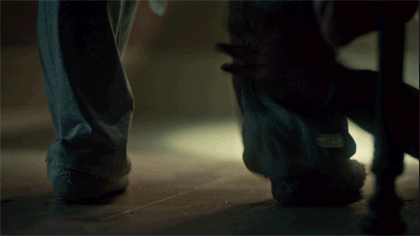
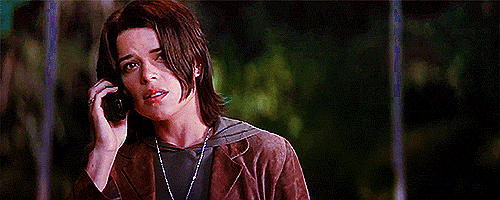
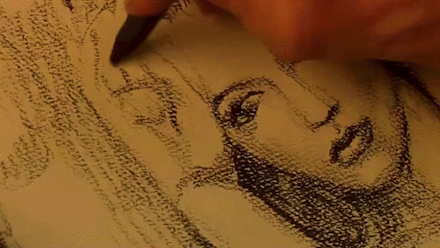
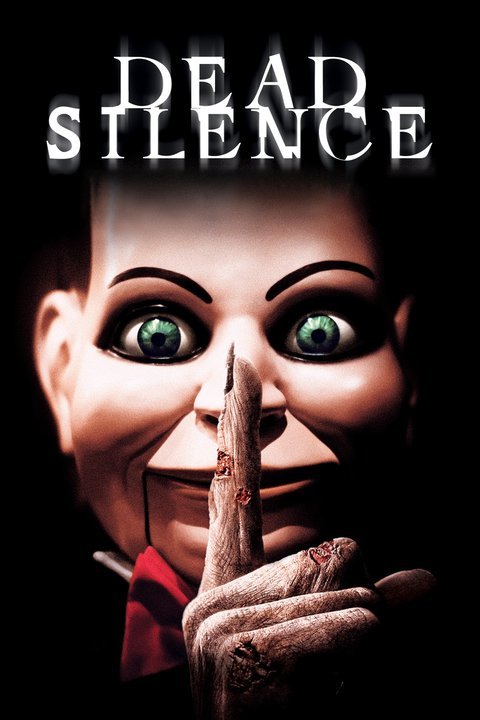
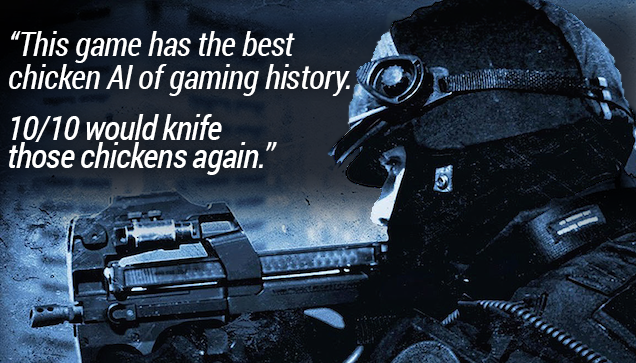
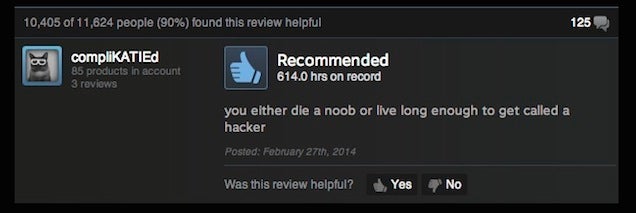
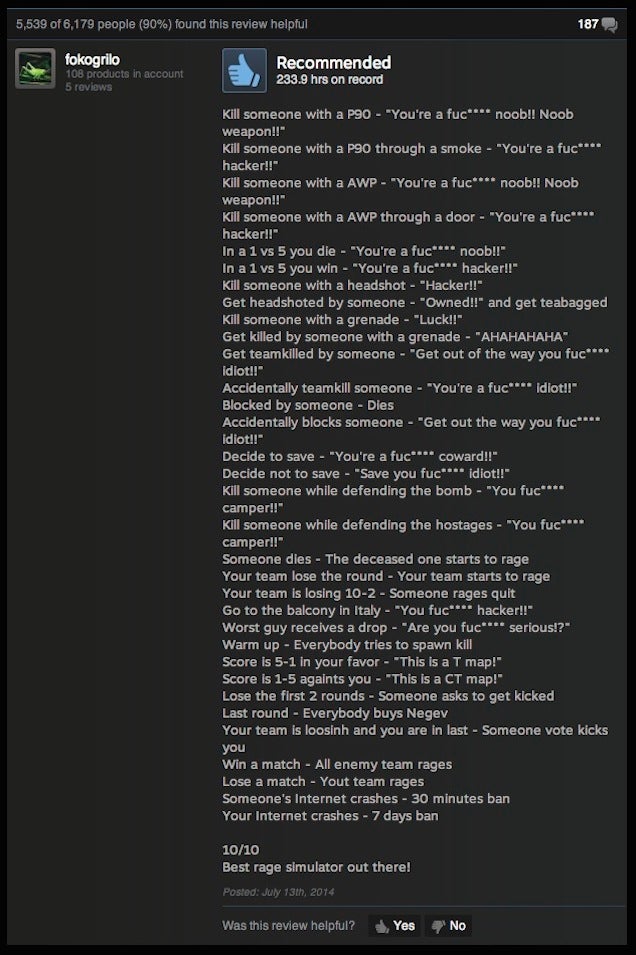
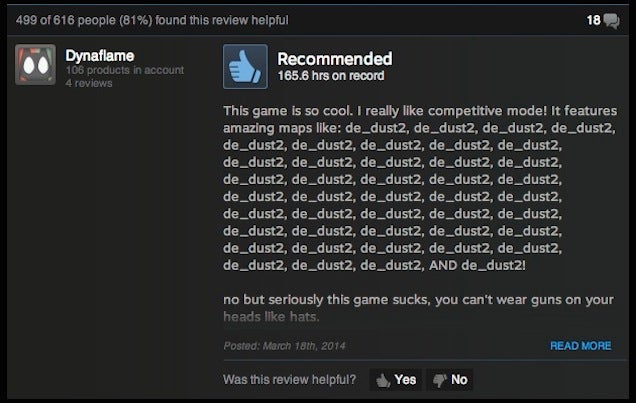



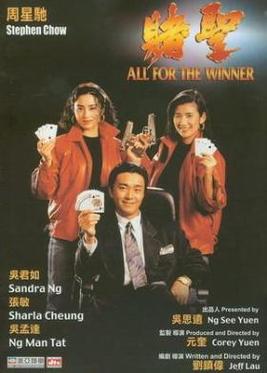






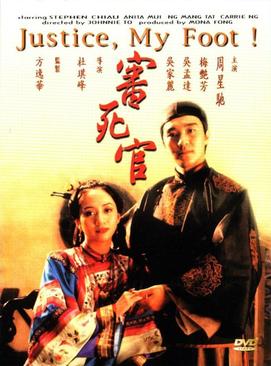
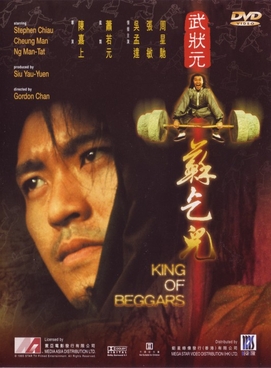

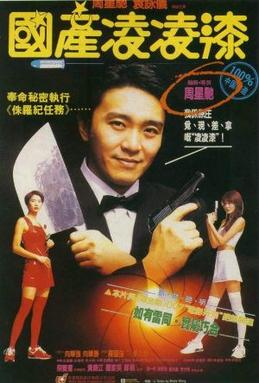



.jpg)
